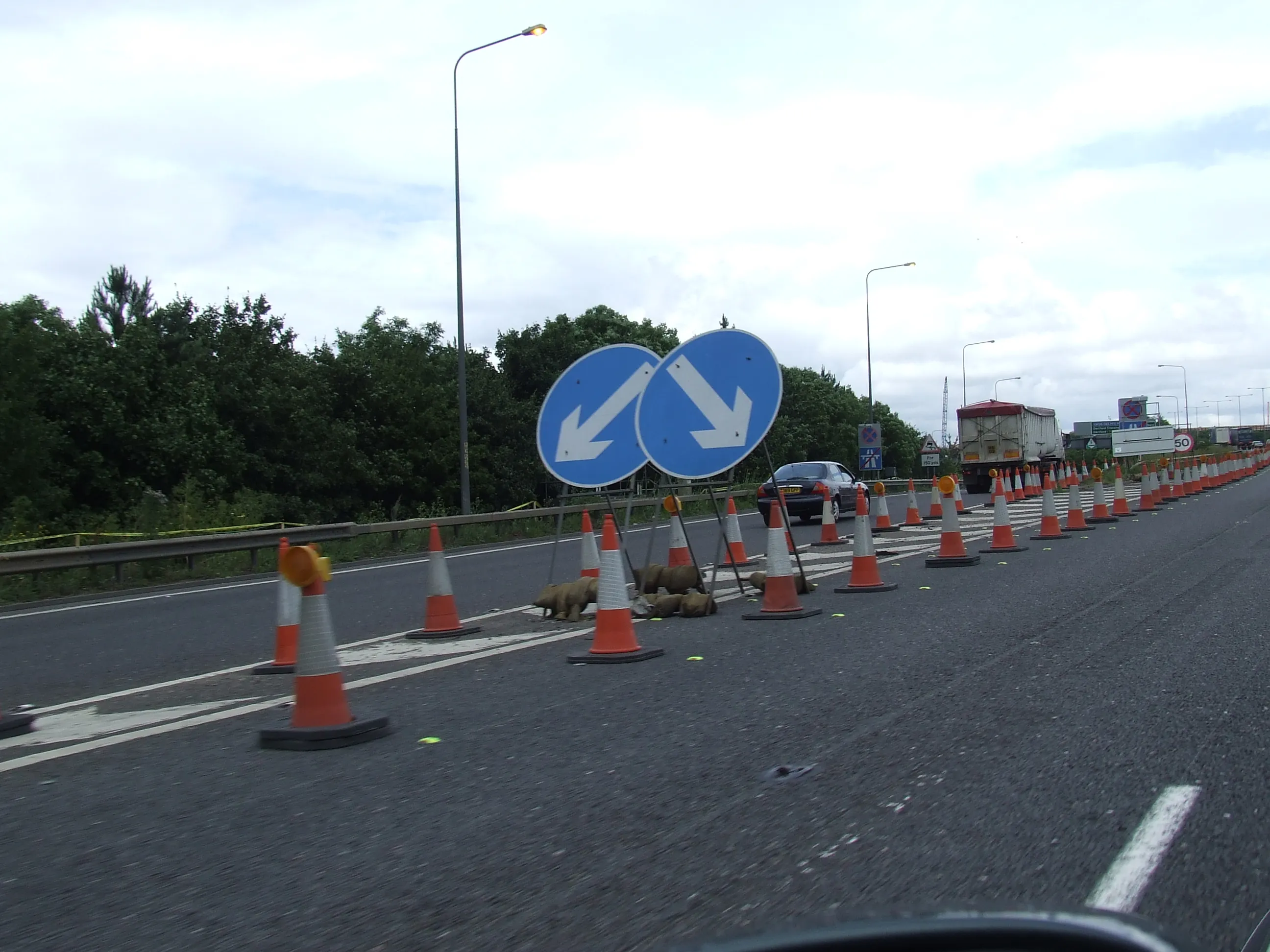The Institution of Engineering and Technology (IET) is warning that economic prosperity could be at risk if more students, particularly females, do not choose and successfully complete advanced studies of maths and physics. The influential society has voiced its concern after today’s publication of exam results in the UK revealed a marked difference between the number of male and female students taking maths and physics at A-level.
August 15, 2013
Read time: 2 mins
RSSThe Institution of Engineering and Technology (IET) is warning that economic prosperity could be at risk if more students, particularly females, do not choose and successfully complete advanced studies of maths and physics.
The influential society has voiced its concern after today’s publication of exam results in the UK revealed a marked difference between the number of male and female students taking maths and physics at A-level.
Jayne Hall, IET Policy Advisor, said, “Maths and physics are crucial gateway subjects and vital to the industry and economy as a whole. With recent results from the IET’s Skills & Demand survey showing that only 7 per cent of the engineering and technology workforce are women, action needs to be taken at an early stage by encouraging females into these subjects.
“Students are aware of the importance of A-level maths to starting a career in engineering, but the perceived importance of physics is much lower.
“It is vital that we encourage more students, particularly females, to study these key enabling subjects. Currently, female students effectively rule themselves out of an engineering career at age 14 by not studying maths and physics. We must change this so that students can make informed subject choices.”
The IET is a professional society for engineering and technology community with more than 150,000 members in 127 countries.
The influential society has voiced its concern after today’s publication of exam results in the UK revealed a marked difference between the number of male and female students taking maths and physics at A-level.
Jayne Hall, IET Policy Advisor, said, “Maths and physics are crucial gateway subjects and vital to the industry and economy as a whole. With recent results from the IET’s Skills & Demand survey showing that only 7 per cent of the engineering and technology workforce are women, action needs to be taken at an early stage by encouraging females into these subjects.
“Students are aware of the importance of A-level maths to starting a career in engineering, but the perceived importance of physics is much lower.
“It is vital that we encourage more students, particularly females, to study these key enabling subjects. Currently, female students effectively rule themselves out of an engineering career at age 14 by not studying maths and physics. We must change this so that students can make informed subject choices.”
The IET is a professional society for engineering and technology community with more than 150,000 members in 127 countries.








